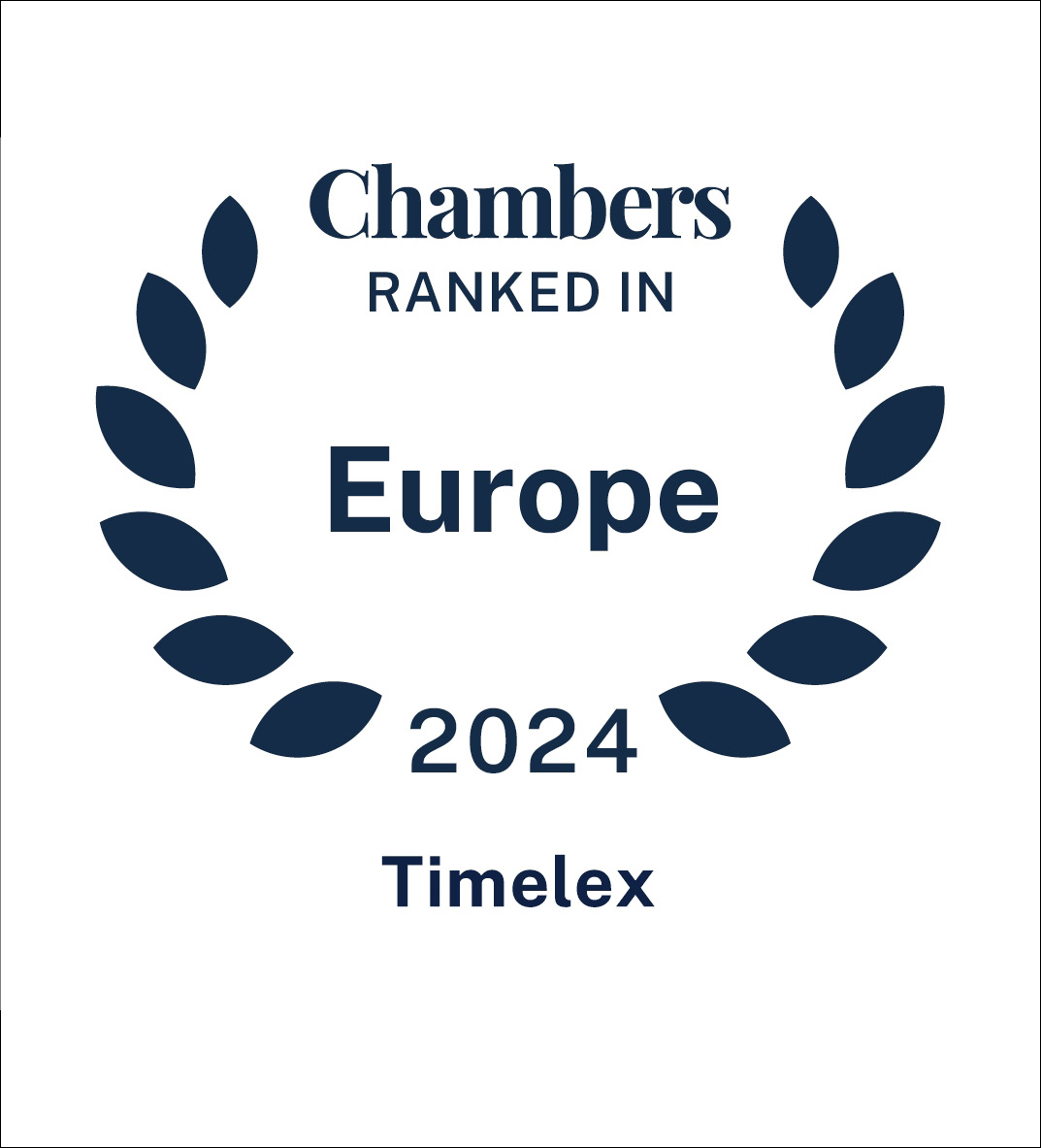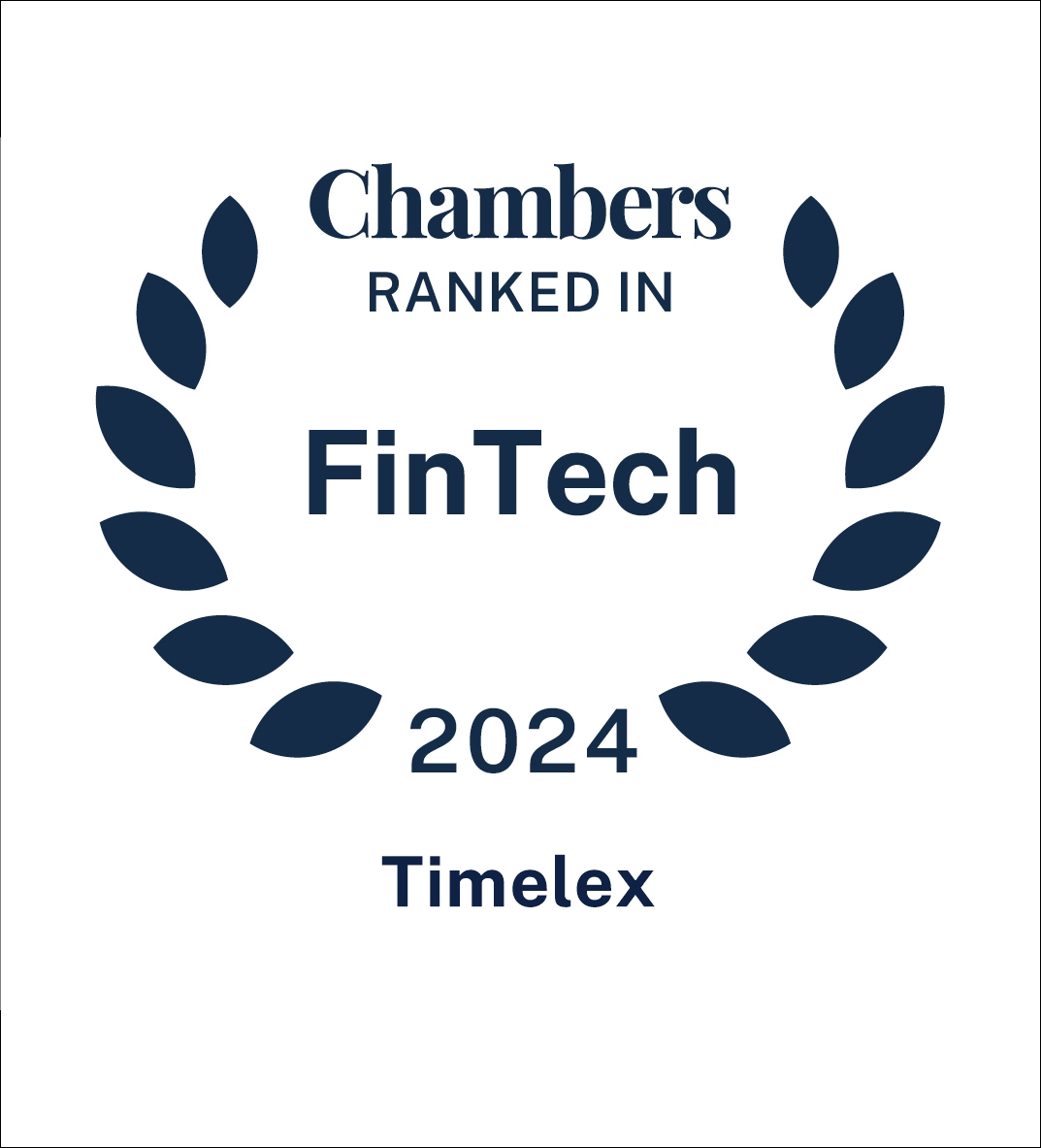Looking for?
CITADEL
CITADEL stands for “empowering citizens to transform European public administrations” and aims at improving public service provision on the basis of more and better innovation, greater efficiency and productivity through the use of ICT enablers. We take care of legal challenges, relating to the protection of personal data, profiling users, access management (i.a. e-identification), anonymization, pseudonymization, big data, secondary use of information, etc.
Our role
The CITADEL research and innovation action has created an ecosystem of best practices, ICT tools, recommendations and a co-creation methodology to help public administrations to provide more efficient, inclusive and citizen-centric services. The CITADEL ecosystem allows public administrations to use what they already know and gather new data to implement what really matters to citizens. CITADEL i.a. innovates by using ICT tools to find out why citizens stop using public services, and use this information to readjust provision to bring them back in. Also, it identifies why citizens are not using a given public service (due to affordability, accessibility, lack of knowledge, embarrassment, lack of interest, etc.) and, where appropriate, use this information to make public services more attractive, so the target audience is incentivized to start using the services.
As the legal partner in the consortium, Timelex has been in charge of all legal aspects of the action, acting as a lawyer to the consortium, dealing with whatever question that arises. Amongst others, Timelex has been dealing with questions of intellectual property, contractual questions, questions about e-signatures and electronic proof in governmental procedures interacting with citizens, and matters of data protection. Timelex has for example helped to write informed consent documents for the public consultations done in the context of CITADEL measuring the willingness of public servants to engage in co-creation, has been involved in the data protection aspects of information exchange between the partners and has carried out a data protection impact assessment on the use cases (the pilots) of the project to assure any solutions implemented are GDPR compliant in the given case.
Moreover, Timelex also wrote a legal vademecum for public administrations willing to use the CITADEL tools to transform themselves into public administrations of the 21st century with ICT-powered services, which are citizen-centric and reach their identified goals and target audience. The legal vademecum is a practical document that provides concise and clear information, decision trees, templates and other guidance material that a public administration can use in practice to ensure that the transformation of their processes, including the use of new technologies, is paired with legal compliance. Among many other things, Timelex has provided all GDPR documents and guidance needed to carry out a co-creation trajectory, as well as two different versions of a privacy literacy test, a test meant for public servants to test their GDPR-knowledge while educating them on the topic at the same time. Other topics include the application of eIDAS by the public administration, the use of cookies when providing digital services, the legal requirements for re-use of public sector information and the use of blockchain in new services.

Project details
More information about the CITADEL project can be found on the CORDIS website: https://cordis.europa.eu/project/id/726755.
Funded by the European Union. This project has received funding from the European Commission’s Horizon 2020 programme under Grant Agreement No. 727655. Views and opinions expressed are however those of the author(s) only and do not necessarily reflect those of the European Union or the European Commission. Neither the European Union nor the granting authority can be held responsible for them.





